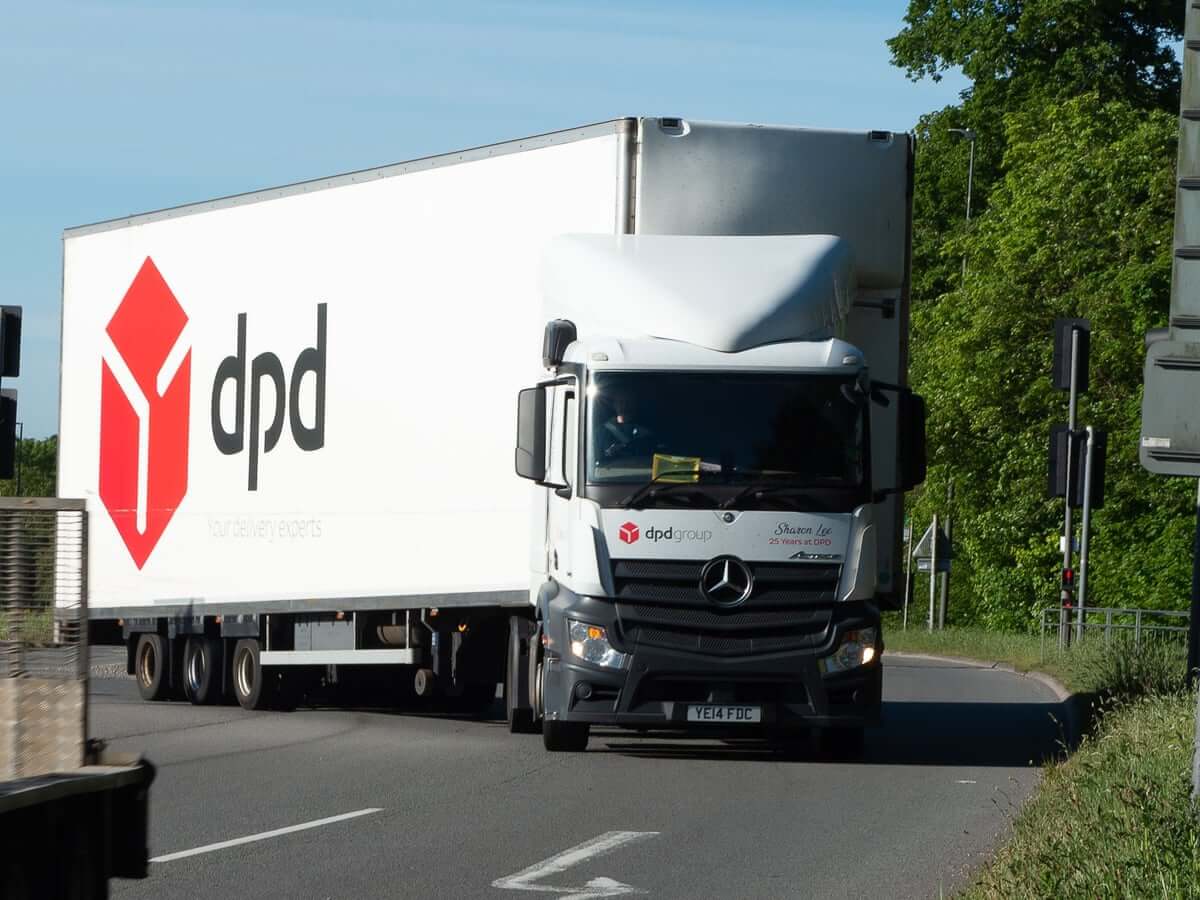
UK Manufacturers Calls On Government to Address Brexit Border Delay Issues
UK manufacturers calling on the government to address Brexit border delay issues that are causing supply chain disruption for British companies.
Some 60% of firms have been experiencing “significant disruption” since the beginning of January, when the terms of the Brexit deal agreed by the UK and EU on Christmas Eve came into effect, according to manufacturer’s union Make UK.
Firms are also experiencing supply chain disruption with 61% of businesses facing problems either importing or exporting to and from the EU. A third (32%) of supply chains are affected in both directions.
Under the terms of the deal, trade between Britain and the European Union remains free of tariffs and quotas but a new customs border means new paperwork and checks, which have contributed to the rise in supplier delivery times and export disruption.
The increase in paperwork has led to “substantial delays for trucks” at the borders, with many left stuck on the other side of the Channel because of incorrect paperwork.
Make UK is calling on the government to work with the EU to simplify customs paperwork on both sides of the border, “so it can be completed and checked quickly before haulage journeys begin and companies can be reassured that their goods have a clear run to the end customer.”
Flash estimates for the purchasing managers’ index (PMI) survey for Britain’s manufacturing and services sectors by IHS Markit — a bellwether survey on the state of the UK economy — showed that Brexit is adding to the strain on the economy on top of the impact of the coronavirus pandemic.
Supplier delivery times for UK factories rose the most among the six “flash” PMI surveys published for France, Germany, Japan, Australia, the US, and the UK.
Make UK also said that many firms have already “put a hold on importing and exporting” from the EU because the current situation is unmanageable. This is having a “serious commercial impact on companies already struggling to survive the current COVID crisis,” the representative body for UK manufacturers warned.
Make UK, which represents 20,000 companies, is urging the government to “fast track the training of good quality customs agents to smooth the flow at the border” and to encourage exporters and hauliers to work with industry to deal with the current problems.
Firms are also suffering from the impact of “additional red tape” as they struggle to prove the origin of their goods to qualify for zero tariffs. Some companies are finding this so difficult, they are opting to pay the tariffs rather than spend the additional time and money trying to qualify for tariff free access, with serious financial implications, according to Make UK.
“Government needs to move quickly to get around the table with the EU to sort out ongoing delays at the border and Rules of Origin issues which are making business unworkable on both sides of the channel,” Stephen Phipson, CEO Make UK, the manufacturers’ organisation said.

